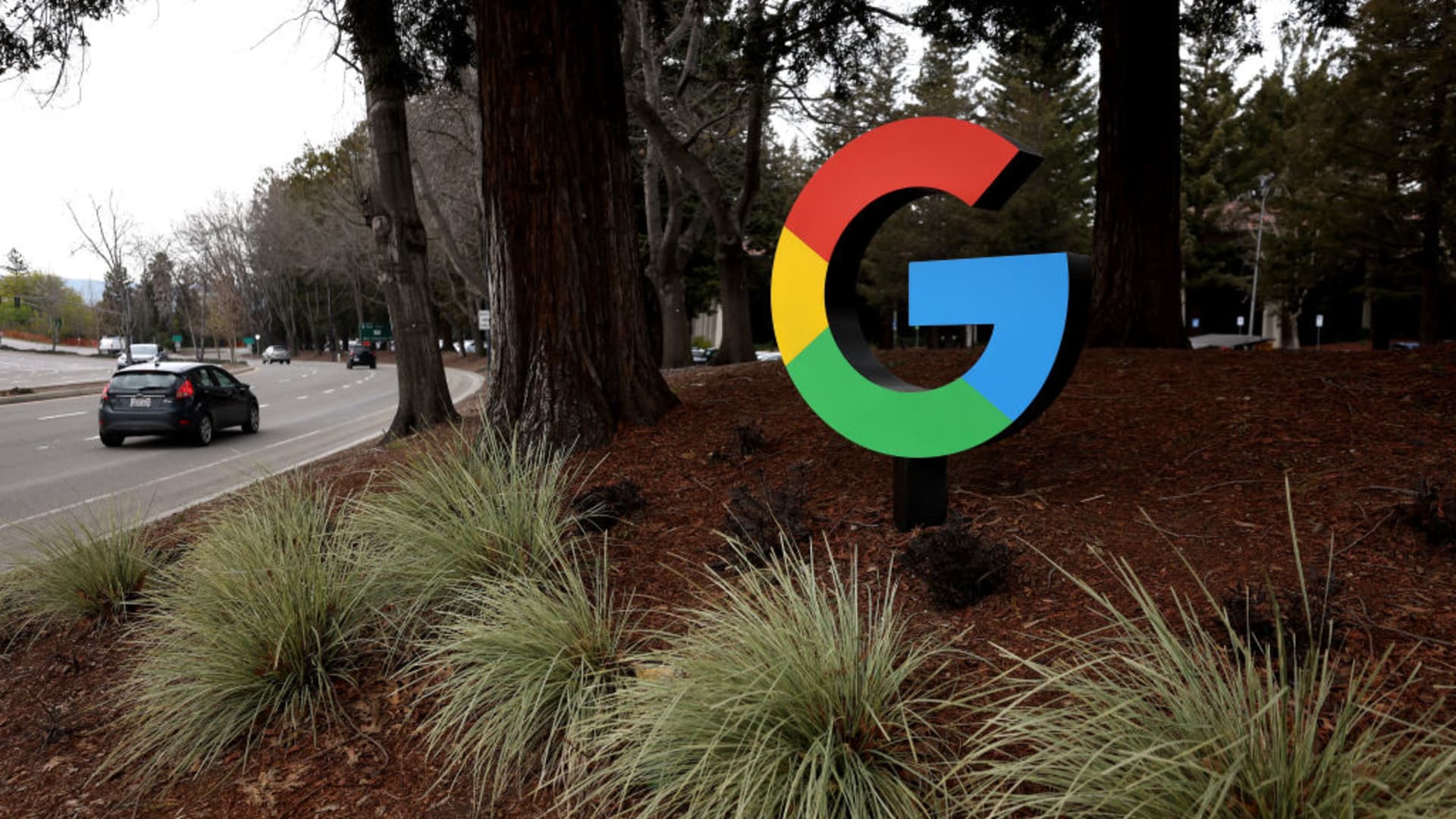Founder who sold his startup to Google says the company has lost its mission, is mismanaged and has no sense of urgency


The Google logo is displayed at Google headquarters on February 02, 2023 in Mountain View, California.
Justin Sullivan | Getty Images
A former Google employee said the company has lost its way, writing in a recent blog post that Google is inefficient, plagued by mismanagement and paralyzed by risk.
Praveen Seshadri joined the Alphabet-owned company at the start of 2020 when Google Cloud acquired AppSheet, which Seshadri co-founded. He said in the blog post Monday that though he was welcomed and treated well, he left Google with an understanding that the “once-great company has slowly ceased to function.” He left in January, according to his LinkedIn profile.
Seshadri argued it’s a “fragile moment” for Google, particularly because of the recent pressures it is facing to compete with Microsoft‘s artificial intelligence initiatives. Seshadri said Google’s problems are not rooted in its technology, but in its culture.
“The way I see it, Google has four core cultural problems,” Seshadri said. “They are all the natural consequences of having a money-printing machine called ‘Ads’ that has kept growing relentlessly every year, hiding all other sins. (1) no mission, (2) no urgency, (3) delusions of exceptionalism, (4) mismanagement.”
Google did not immediately respond to a request for comment.
Instead of working to serve customers, Seshadri argued most employees ultimately serve other Google employees. He described the company as a “closed world” where working extra hard isn’t necessarily rewarded. Seshadri said feedback is “based on what your colleagues and managers think of your work.”
Seshadri said Google is hyper-focused on risk and that “risk mitigation trumps everything else.” Every line of code, every launch, nonobvious decisions, changes from protocol and disagreements are all risks that Googlers have to approach with caution, Seshadri wrote.
He added that employees are also “trapped” in a long line of approvals, legal reviews, performance reviews and meetings that leave little room for creativity or true innovation.
In its last employee-wide survey, which CNBC reported on last March, workers gave the company poor marks in being able to execute, which they said contributed to the bureaucracy that bogged down the company’s ability to be innovative.
“Overall, it is a soft peacetime culture where nothing is worth fighting for,” Seshadri wrote “The people who are inclined to fight on behalf of customers or new ideas or creativity soon learn the downside of doing so.”
Seshadri said Google has also been hiring at a rapid pace, which makes it difficult to nurture talent and leads to “bad hires.” Many employees also believe the company is “truly exceptional,” Seshadri said, which means that a lot of antiquated internal processes continue to exist because “that’s the way we do it at Google.”
Seshadri said Google has a chance to turn things around, but he doesn’t think the company can continue to succeed by merely avoiding risk. He argues that Google needs to “lead with commitment to a mission,” reward people who fight for “ambitious causes” and trim the layers of middle management.
“There is hope for Google and for my friends who work there, but it will require an intervention,” he wrote.